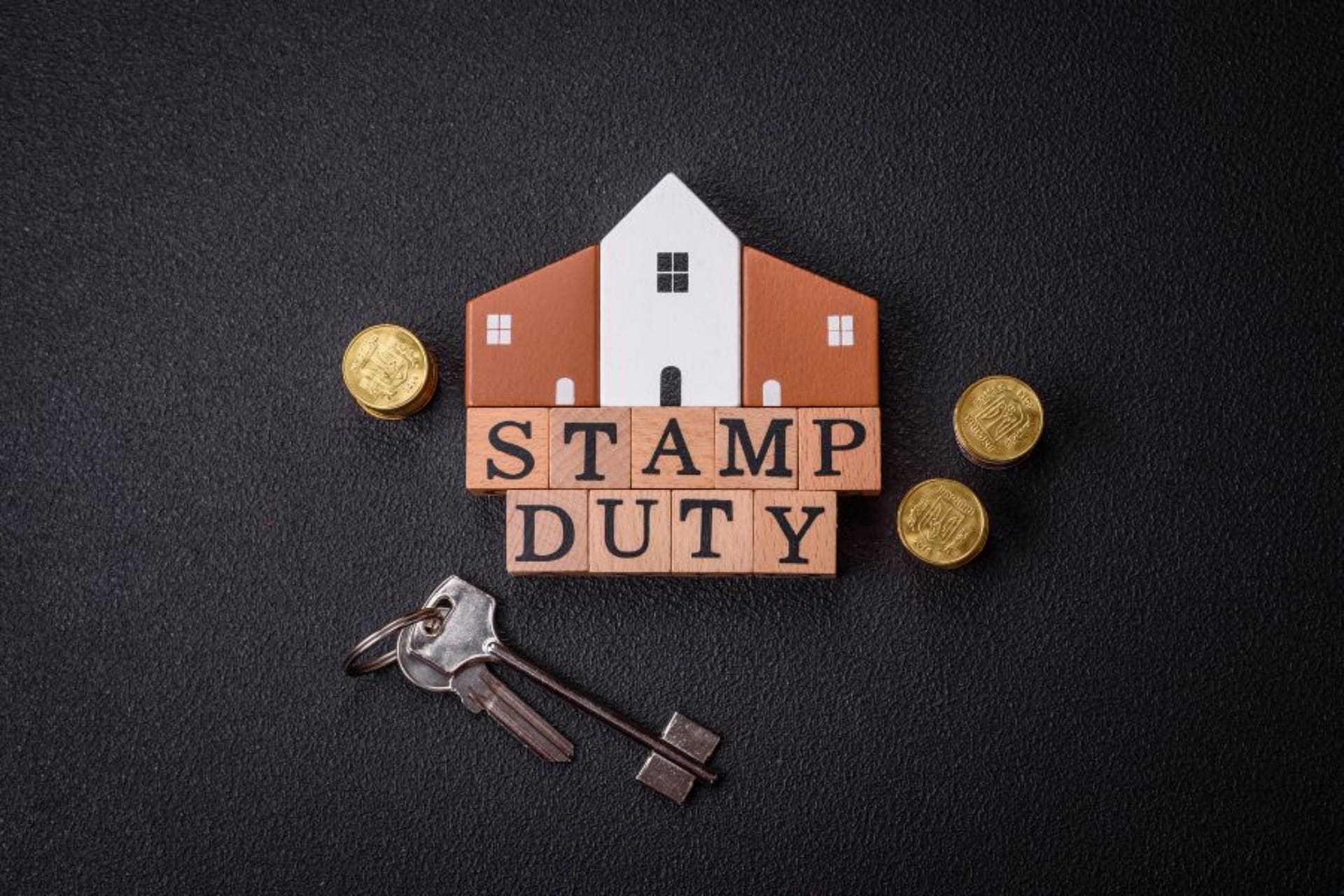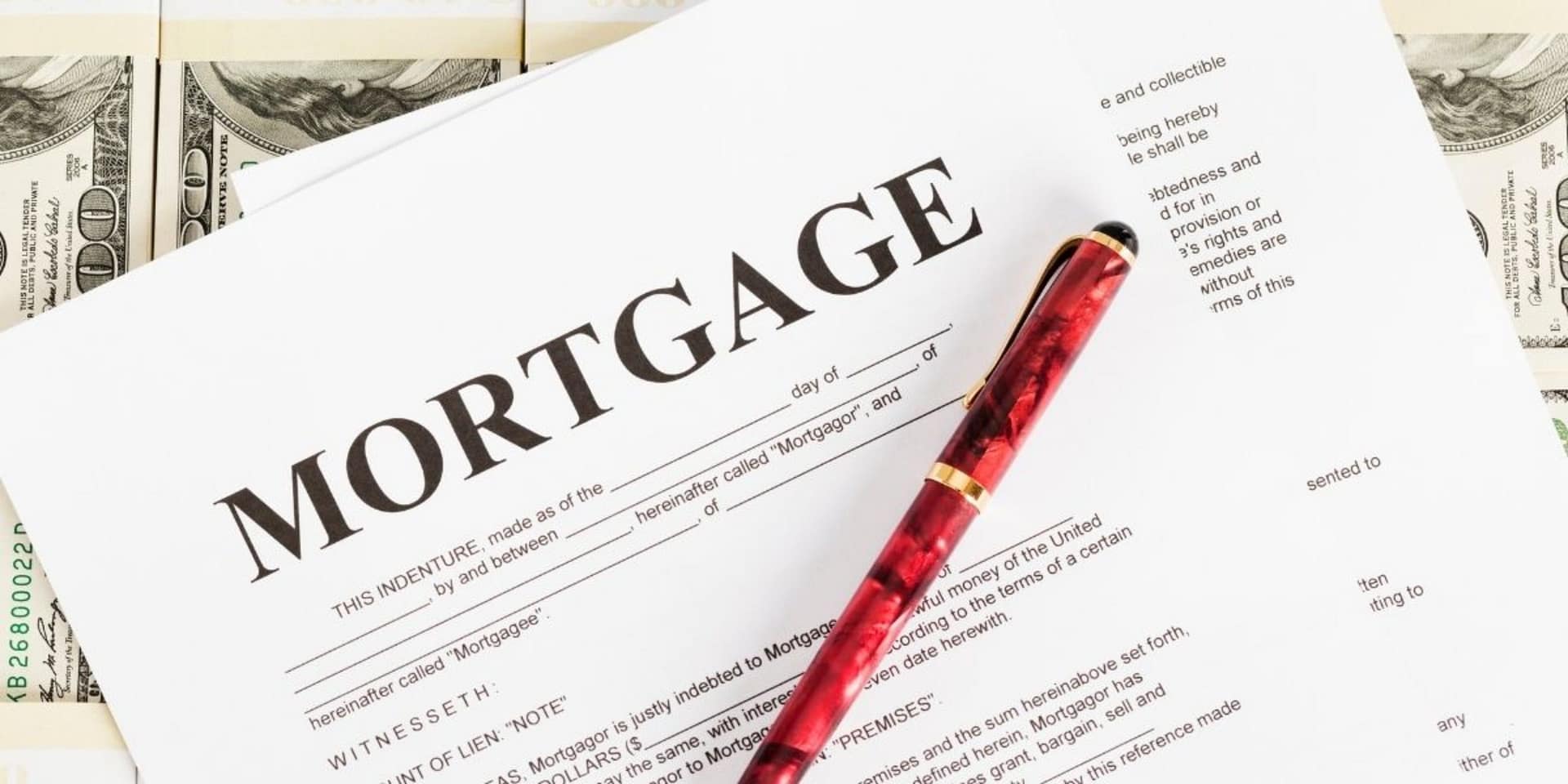In business acquisitions, the concept of freehold is crucial because it involves property ownership, affecting the acquisition process, operational freedom, and the financial dynamics of a business.
Table of Contents
ToggleWhat does a freehold business mean when buying a business?
In Australia, buying a “freehold” business means purchasing both the business and the property on which it operates.
This is different from buying a leasehold business, where you might buy the business but not the property, instead leasing it from the property owner.
When you buy a freehold business:
- Ownership of Property: You own the land and buildings associated with the business. This means you do not have to pay rent to a landlord.
- Capital Appreciation: You benefit from any appreciation in the property’s value over time, in addition to the performance of the business itself.
- Operational Freedom: Owning the property gives you greater flexibility in using and modifying the premises to suit your business’s needs, subject to local planning and zoning regulations.
- No Lease Expiry: You avoid the uncertainty and potential disruption associated with lease renewals allowing you to plan for the long term with greater security.
- Potential Additional Income: If the property includes additional space not required for the business, you might have the opportunity to generate income through renting out that space.
Buying a property for business in freehold requires more upfront capital compared to a leasehold business due to the need to purchase the real estate. Additionally, owning a freehold means taking on all maintenance, insurance, and property tax responsibilities.
It’s important to conduct thorough due diligence before purchasing a freehold business, considering its viability and the property’s condition and location.
This type of investment can offer significant rewards but carries its own risks and responsibilities.
What are the responsibilities of a freeholder in business acquisition?
When acquiring a business as a freeholder, the responsibilities extend beyond merely operating the business to include the ownership and maintenance of the property.
Here’s a detailed look at these responsibilities:
- Property Maintenance and Repairs: As the property owner, the freeholder is responsible for maintaining the building’s structure and exterior. This includes repairs to the roof, walls, and other structural components. Regular maintenance is crucial to prevent deterioration and ensure the safety and functionality of the premises.
- Insurance: The freeholder must ensure that the property is adequately insured. This includes building insurance to cover damages from floods, fires, and other disasters, as well as liability insurance to protect against claims from injuries or accidents that occur on the property.
- Compliance with Laws and Regulations: The freeholder must comply with all relevant local, state, and federal regulations. This includes building codes, health and safety standards, and accessibility requirements. Compliance is essential to avoid fines, legal action, and potential shutdowns.
- Property Taxes: The freeholder is responsible for paying property taxes assessed by local and state governments. These taxes are based on the property’s value and are used to fund public services such as schools, roads, and emergency services.
- Utility Services: Although the business operation may cover the cost of utilities (water, gas, electricity), as a property owner, the freeholder needs to ensure these services are connected and maintained. This may involve liaising with utility companies for any major works or updates required on the property.
- Environmental Responsibilities: Depending on the nature of the business and the property’s location, there may be specific environmental responsibilities to consider, such as managing waste, preventing contamination, and ensuring any business operations comply with environmental protection laws.
- Financing and Mortgage Payments: If the property was purchased with a mortgage or another form of finance, the freeholder is responsible for making regular payments. Failure to keep up with these payments could result in foreclosure and loss of the property.
- Tenant Management: If part of the property is leased to other businesses or individuals, the freeholder has responsibilities as a landlord. This includes collecting rent, managing leases, resolving tenant disputes, and ensuring the leased premises meet all legal requirements for habitability and safety.
- Development and Improvements: The freeholder has the ability to develop or improve the property to increase its value, enhance the business, or attract tenants. This could involve construction, renovation, or expansion projects, which must be done in compliance with zoning laws and building regulations.
- Dispute Resolution: The freeholder may need to address and resolve disputes related to property boundaries, easements, and rights of way, especially if the property is adjacent to others or shares access with neighboring lands.
Owning the property gives the freeholder considerable control and flexibility over the business premises, but it also comes with a significant set of responsibilities that require time, money, and attention to manage effectively.
What is the difference between freehold and leasehold in business acquisitions?
In business acquisitions, the terms “freehold” and “leasehold” refer to different types of property ownership that can significantly affect the initial investment and the ongoing operational considerations of the business.
Understanding the distinctions between these two is crucial for anyone looking to acquire a business, as each comes with its own set of advantages, disadvantages, and responsibilities.
Freehold
- Ownership: In a freehold acquisition, you purchase both the business and the land on which it operates. You own the property outright, including the land and any buildings on it.
- Control and Flexibility: As a freeholder, you have complete control over the property. This means you can make modifications, extend, or develop the property as needed for your business, subject to planning permissions and regulations.
- Financial Responsibilities: You are responsible for all costs associated with the property, including maintenance, repairs, and insurance. However, you also benefit from any appreciation in the property’s value.
- No Lease Expiry: There’s no lease agreement to worry about, so you won’t face rent reviews, lease renewals, or the possibility of eviction by a landlord.
- Capital Investment: The initial capital required to purchase a freehold business is typically higher since you are buying both the business and the real estate.
Leasehold
- Ownership: With a leasehold, you purchase the right to occupy and use the property for a specified period according to a lease agreement. The land and buildings remain owned by the landlord (freeholder).
- Limited Control: Modifications to the property usually require the landlord’s consent, and there may be restrictions on how you can use the property. Your ability to make significant changes or developments is limited.
- Lower Initial Investment: The cost to acquire a leasehold business is generally lower than a freehold, as you are not purchasing the property itself. This can make entry more accessible for some businesses.
- Rent and Lease Terms: You will have to pay rent to the landlord, and the business’s stability can be influenced by lease terms, rent reviews, and negotiations at the time of lease renewal.
- Operational Costs: While you may be responsible for internal maintenance and insurance for the business, the landlord typically covers the building’s external and structural repairs. However, service charges and building insurance costs can be passed on to you as the tenant.
Also read: What You Need to Know Before Buying a Property with Tenants
Choosing Between Freehold and Leasehold
Choosing between a freehold or leasehold business acquisition depends on various factors, including the type of business, capital availability, long-term strategic plans, and preferences for control versus flexibility.
Freeholds offer more control and potential for property value appreciation but require a larger upfront investment. Leaseholds can be less expensive initially and offer flexibility but come with ongoing costs and potential uncertainties related to leasing terms and landlord policies.
Wondering About The Significance of Freehold in Business Acquisition?
Unlock the full potential of your business acquisition with our CJC Law conveyancers. Embrace the freedom and control that comes with owning your premises outright. Freehold acquisition provides stability and operational flexibility and paves the way for long-term capital appreciation.
Let CJC Law guide you through the intricacies of freehold purchases, ensuring a secure investment in your business’s future. Take the first step towards unbounded success. Contact CJC Law today and solidify your foundation in the business world.




